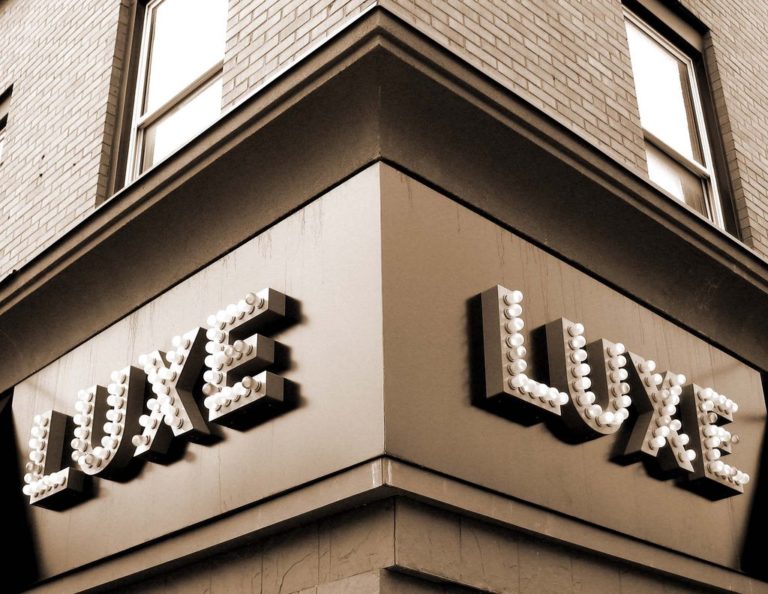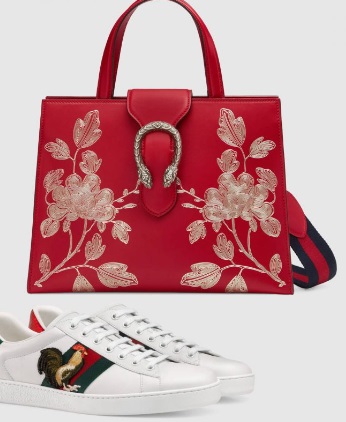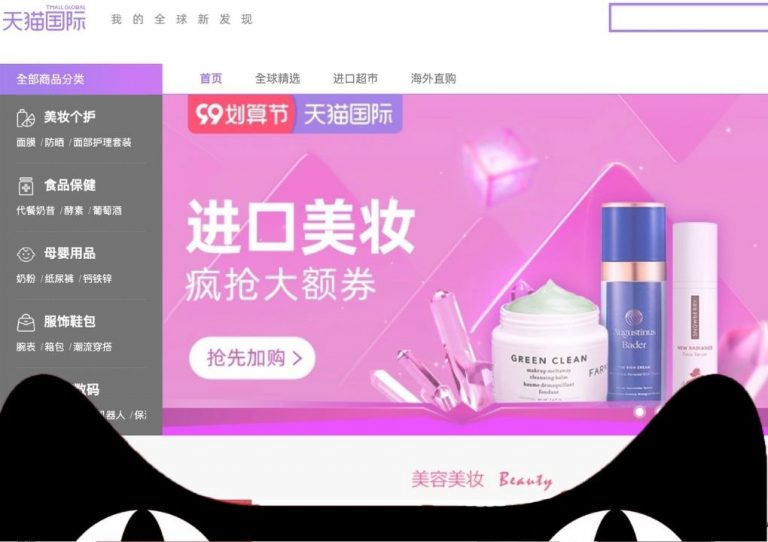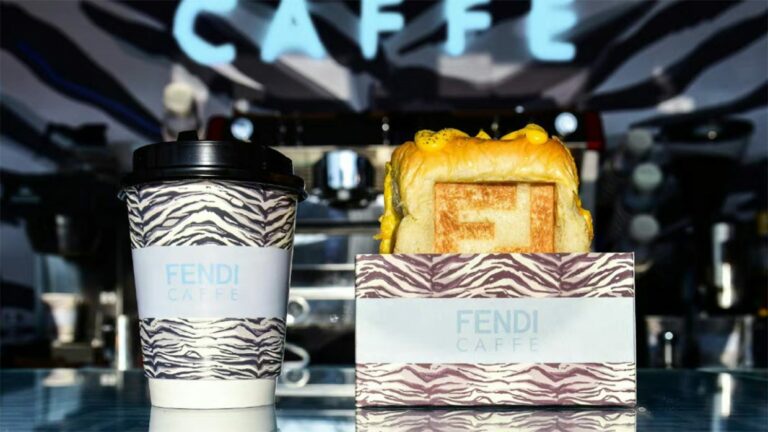E-commerce, the solution for luxury brands in China

If a company chooses a wait-and-see approach instead of leading the charge in new technologies, then they have already lost. Many brands still don’t understand this… Nowadays, many companies and brands believe that some luxury products cannot be bought online. As a result, they choose not to be present on the Internet. However, the fact that these brands do not offer the opportunity to buy online does not mean that consumers would not be willing to buy on the Internet. Luxury is an emotional purchase, so why not allow a consumer to choose when and where he wants to buy it?
I) Online commerce
In short, the consumer must be at the center of all the brand’s efforts. If the consumer wants to buy in-store, the brand needs a mass presence; but if they want to buy online, maybe on another occasion, the brand will have to be available online too.
Cost-Effective Agency
KPI and Results focused. We are the most visible Marketing Agency for China. Not because of huge spending but because of our SMART Strategies. Let us help you with: E-Commerce, Search Engine Optimization, Advertising, Weibo, WeChat, WeChat Store & PR.
A) A problem
The creation of an online business should not be separated from the positioning of the core brand.
Indeed, the experience that a luxury brand creates must reflect the brand’s core positioning. This is why selling luxury through third-party platforms like Net-a-Porter can be problematic if the third-party store does not express the brand’s positioning precisely enough, and if it does not create the experience that a store or site owns offers.

Recently, The Kering brands, which include Gucci, Bottega Veneta, and Yves Saint Laurent, announced that they would refocus on their e-commerce sites.
As a result, they will be able to better control and manage content as they do in-store.
B) The brand, the focal point
Most companies still underestimate the need to clear their brand.
Indeed, a fuzzy brand will not resonate with Millennials or Gen-Z consumers (generations born from 2000), each of which has a very short attention span and less patience.
They expect to understand the reason for buying the product right away. The message must be specific and relevant to them.
Precision is necessary — brands must have a clear purpose that cannot be defined from the brand, but rather from the consumer. Rationally and emotionally, the positioning must be rigorous, sharp, direct, and understandable in five seconds.

Otherwise, if a brand is blurred, correcting it will result in additional investment, extra time, and money that the brand has already spent.
Prada, for example, had to pay a high price recently in China, when Chinese Millennials no longer bought their bags because they had trouble understanding what the brand represents.
II) Technology as the main tool
A) All channels are important
Brands must be where the consumer is, and regardless of which channels consumers choose, brands must be able to tell their brand history consistently and accurately.
Third-party sites are possible but should only be considered if the brand history can be told correctly and with the same accuracy as on a brand’s official website.
B) Data
The data represent a connective tissue between all the company’s activities. Any brand should be able to:
- Measure the return on investment of a marketing campaign
- measure consumer consent on an ongoing basis
An automated AI (Artificial Intelligence) tool should scan every online conversation for anomalies to identify critical issues in real-time.

Any brand that operates without these powerful data analytics tools in China, which has the most digital luxury market in the world, risks a certain failure.
Conclusion:
E-commerce accounts for 25% of China’s total consumption in China, generating a total of $589 million in 2015.
Strategies and technological tools are no longer optional today. They are the key to the survival and success of luxury brands in China. All efforts must begin with accurate brand positioning, followed by excellent positioning across all channels and data mining to create consumer-centric luxury experiences.
HOW TO ACHIEVE HIS OBJECTIVES IN CHINA IN LUXE INDUSTRIE?
1- Have a strong brand, invest in your Branding
The Chinese do not buy unknown brands, they need a story, a past, people who have already tested the product before them. That’s why you’ll need strong and talking branding, allowing your brand to be easily recognizable.
2- Target one or more types of consumers
3- The priority is Digital
In China more than anywhere else, consumers are ultra-connected and the whole decision-making process is done online (review, feedback from former customers, the website of your brand, network reviews, KOL,… campaigns). You will need to invest in a digital campaign if you hope to succeed in China.
4- Expand its distribution network in China (or outside China)
Developing its network as a distributor is also a key point for your success. You’ll have to renew yourself,
5- Think of parallel networks
6- Work with specialized partners
We are a Marketing Agency, based in Shanghai, Paris, and London and specialize to help luxury, premium, and high-end brands grow in China.
We have a pragmatic approach, know very well the market, your target, we know what are the big problems of new brands in China, established brands, and can offer solutions.
Do not hesitate to contact us, so that we can exchange your project, your problems, or your questions together.

More articles on this topic:






